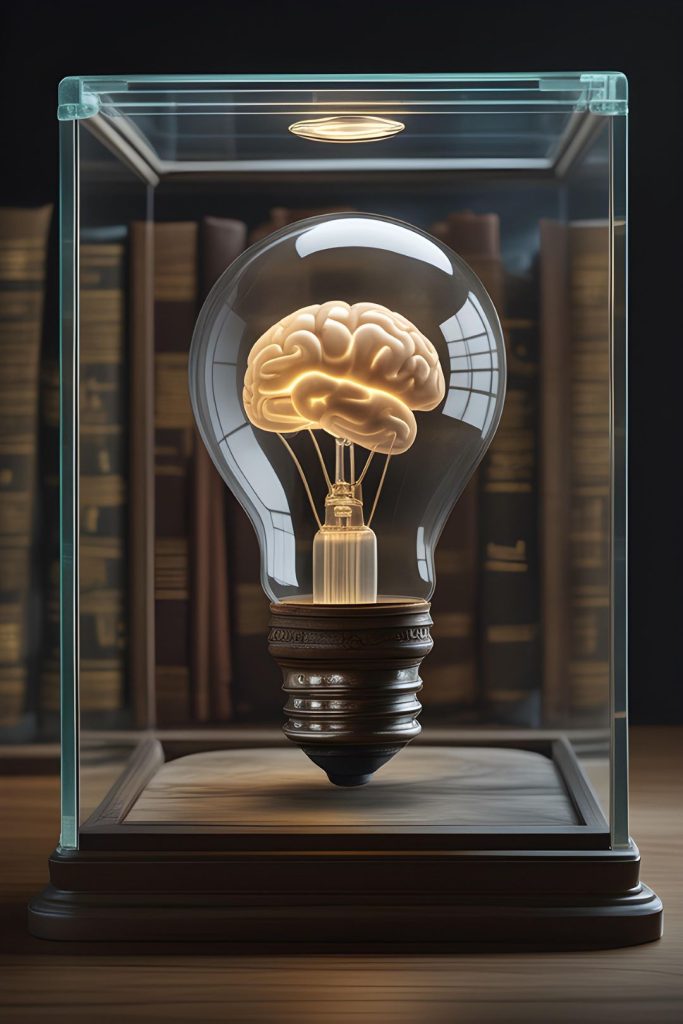Twenty-five+ years ago when I did my master’s in analytic philosophy at Dalhousie University, many people asked, “what are you going to do with that?” To be honest, I wasn’t sure either as I had no intention of doing my PhD and being an academic. I studied philosophy because I liked thinking about the foundation of fundamental questions and solving problems.
Analytic philosophy is about breaking issues, problems, hypotheses into its components, analyzing the underlying assumptions and determining if the conclusions are sound and valid. It’s a skill building program – I can barely remember the texts I read but I have used the skills every day of my professional life. I have used them to build a business, to analyze funding models, to review strategies, to build strategies and programs and to uncover context in complex environments.
In the age of AI, using critical thinking skills is going to be table stakes to be successful. Yes, there will be some folks who will be better at prompting and eliciting responses from AI tools. But the folks who are then able to look at the output, evaluate its validity, make decisions because of the data, not necessarily relying on the tool to make the decision will be the employees and leaders that organizations will need to remain competitive.
There are likely quite a few folks who work in offices wondering if they will still be relevant in 5 years. They worry that the younger generations who are faster at adopting or, frankly, have grown up with AI will supplant the rest of us. While those younger generations may be better and faster at prompting (asking for output), they will not necessarily be better at analyzing that output. As we did with the introduction of computers and databases, we will continue to value those who can analyze that data and determine its value and relevancy. In fact, in the age of AI, experience will matter more because the benchmark against which relevancy will be judged. Moreover, we will value people who innovate and create because they see beyond the data using critical thinking.
Dana Daher and Joel Martin of HFS Research wrote an interesting opinion piece on generative AI: GenAI is reshaping work – don’t let it dull human intelligence. Here are a couple of quotes:
Generative AI (GenAI) isn’t just changing how we work—it’s rewiring how we think, reason, and solve problems. While everyone obsesses over GenAI’s potential to replace jobs, they are missing another threat: the potential erosion of human cognitive capabilities.
Critical thinking, creativity, and decision-making aren’t just abstract skills—they are the foundation of every enterprise’s competitive edge. Yet, as AI-powered solutions become embedded in daily workflows in our apps and devices, workers are increasingly outsourcing their intellect to machine algorithms. This easing of effort threatens to do to our brains what decades of poor diet have done to our bodies.
While avoiding GenAI isn’t an option (nor should it be), naive adoption risks creating a workforce addicted to algorithmic assistance—one that loses its ability to think independently, solve complex problems, and drive innovation. For leaders, this shapes two critical priorities: integrating AI into how people work without undermining their human intelligence and motivating an increasingly digitally dependent workforce that is information-rich but experientially deprived.
Ultimately, the HFS team concludes: The Bottom Line: AI is not just a tool—it’s an accelerant capable of amplifying or eroding human ingenuity. The difference lies in how leaders choose to integrate AI into their organizations.
The article is a great read and a point of view that I fully embrace. As we integrate more AI tools, we need to ensure that we reap the benefits and not lose the edge that humans bring – critical thinking, creativity, and emotive context.
I also embrace it because it makes my degree relevant 😊.
